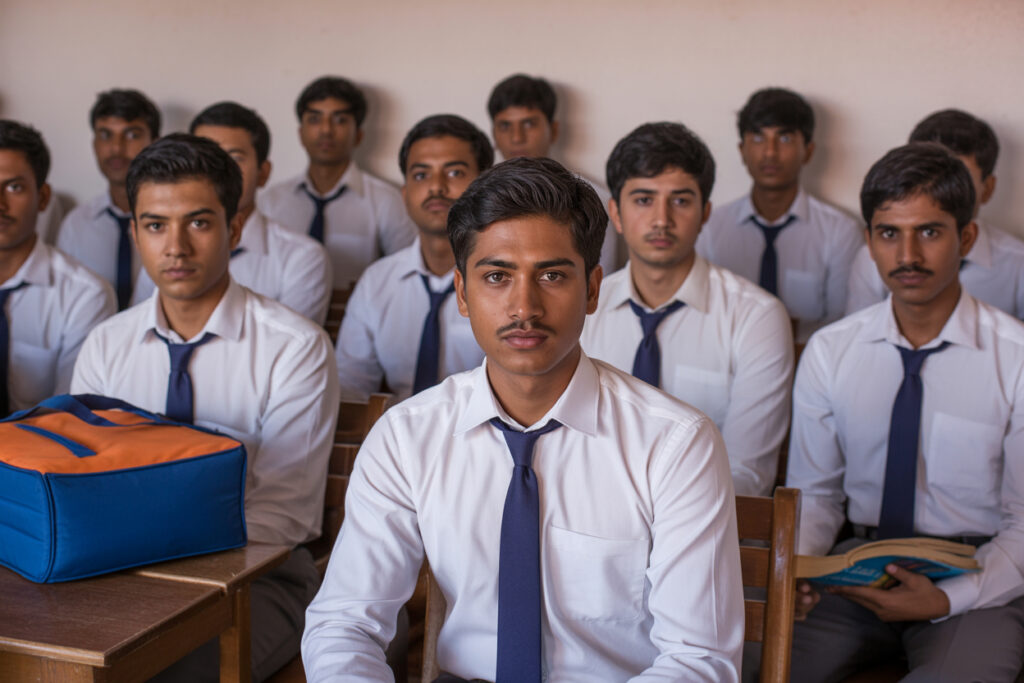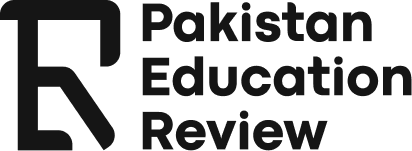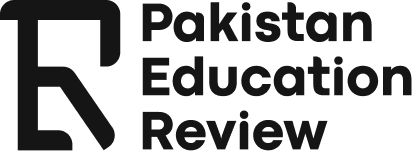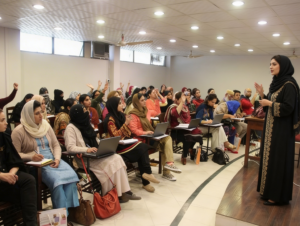
The recent NED University aptitude test results are more than statistics; they are a glaring indictment of the state of education in Sindh, and more specifically, a damning reflection of the Pakistan Peoples Party’s (PPP’s) failure in governance. Of the 9,388 students who appeared, mostly with high intermediate grades, nearly 3,000 failed. But the real alarm lies in the geographic breakdown: while students from Karachi had a failure rate of 23.4 percent, those from boards in interior Sindh—Hyderabad (53.3 percent), Larkana (68.1 percent), Mirpurkhas (59.1 percent), Nawabshah (55.2 percent), and Sukkur (66.2 percent)—fared catastrophically worse.
This disparity is not due to a lack of ability among students from interior Sindh. It is a failure of the system they are trapped in, a system corroded by ghost schools, absentee teachers, missing facilities, outdated curricula, and unchecked corruption. Despite ruling Sindh for the past 15 years, the PPP has failed to institute meaningful reforms. It treats education as a box-ticking formality rather than a binding social contract.
Interior Sindh’s schooling infrastructure is collapsing. Schools often exist only on paper, teachers are paid without showing up, and classrooms are frequently overcrowded, under-resourced, and barely functional. Clean water, electricity, proper furniture, and even toilets are missing in many rural schools. In this void, education has been reduced to rote learning, with students being promoted through lenient grading systems and rampant cheating, setting them up for humiliation when faced with standardized aptitude tests.
Even Karachi’s relatively better results are misleading. They reflect not the success of public education but rather the privatized parallel system of coaching centers and elite schools. The PPP cannot take credit for this; it simply shows that families with means have abandoned government schools. For the rest, failure is almost inevitable.
The deeper issue is the disconnect between grades and actual academic competence. Many high achievers in intermediate exams often fail aptitude tests because those exams are frequently manipulated. Corruption in board exams, political interference, and compromised assessments have created an illusion of learning when little to no learning exists. The system inflates grades and deflates futures.
To address this crisis, Sindh needs urgent, decisive action, not cosmetic changes but a structural overhaul. First, ghost schools must be shut down, and absentee staff must be held accountable through strict audits. Second, a merit-based recruitment system, free from political interference, should be introduced, coupled with mandatory teacher training and performance-based evaluations. Third, education boards must be reformed and placed under independent monitoring to uphold integrity in examinations and grading. Fourth, while proposals like regional NED testing centers may help mitigate some logistical challenges, they will not solve the core problem: the quality of education itself.
Above all, education must no longer be treated as political currency. It must be seen as a moral imperative and a strategic priority. The PPP, which claims the legacy of “roti, kapra aur makaan,” cannot even ensure books, blackboards, or teachers. This is not just an administrative failure; it is a betrayal.
Every failed result represents a life paused, a dream deferred, and a future compromised. The students of Sindh are not failing; the system is failing them. The PPP’s legacy will not be measured by mere slogans or electoral victories, but by the generations it allowed to fall through the cracks. Until there is accountability and the courage to prioritize education over politics, the question will remain unanswered: who, if anyone, in the halls of power will stand up for Sindh’s children?
Disclaimer: Any opinions expressed in this article do not necessarily reflect the opinions of the Pakistan Education Review. This content is meant for informational purposes only.

About the Author:
Muhammad Raiyd Qazi is a journalist, student writer, and researcher focused on political economy, education,and social justice.







